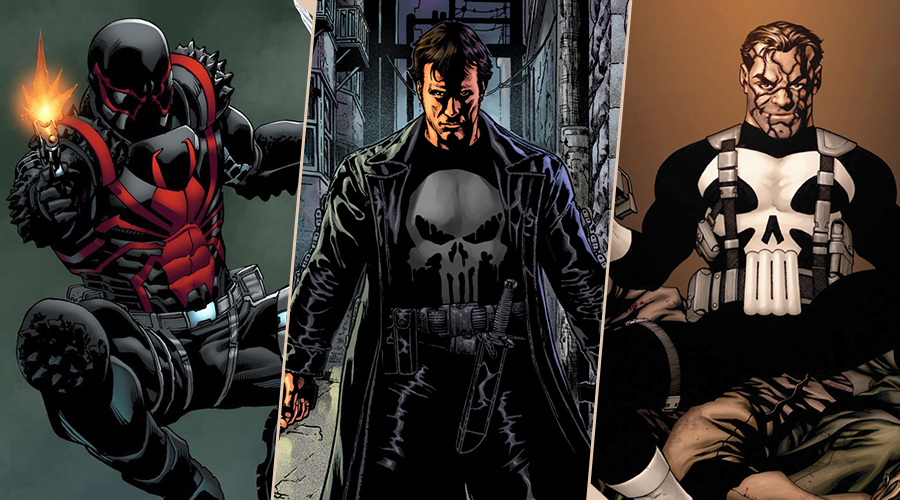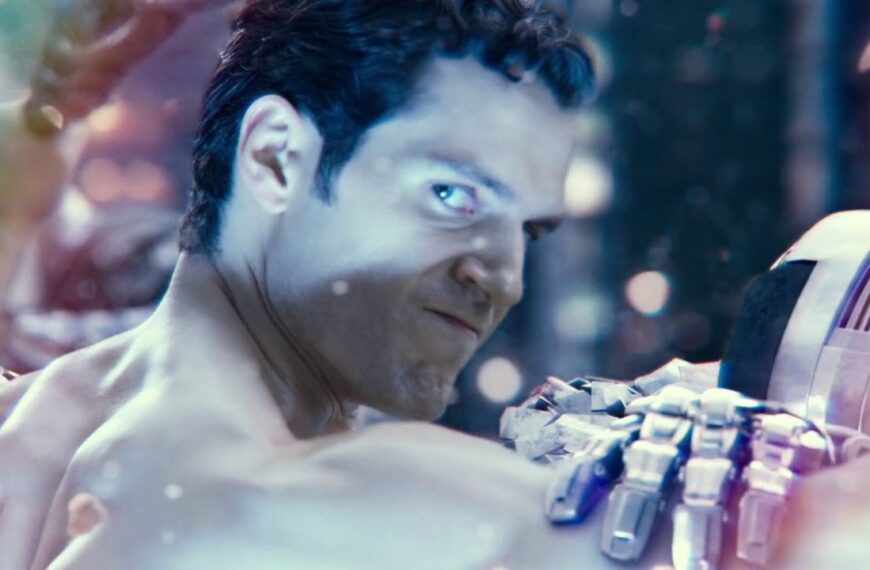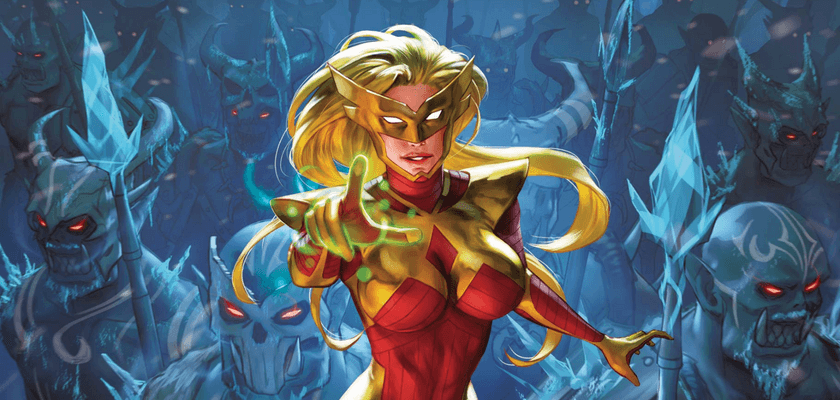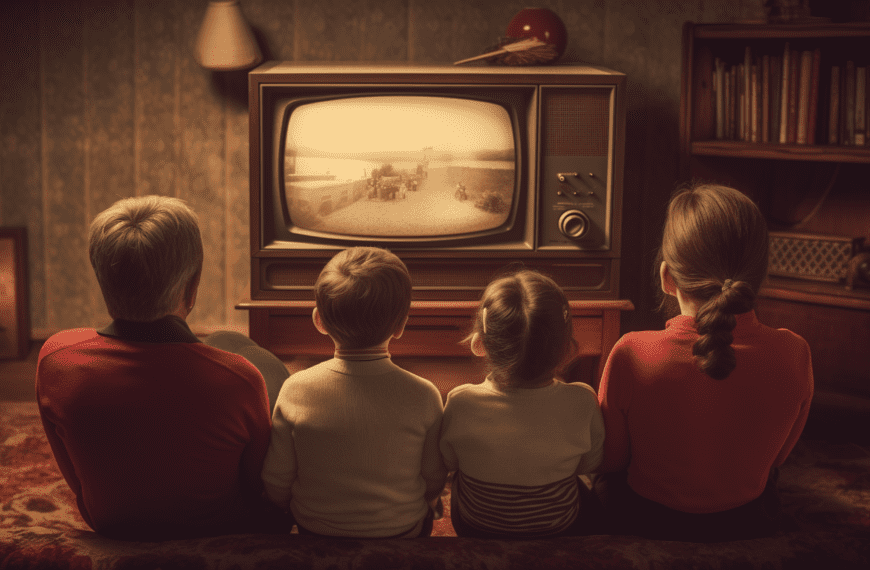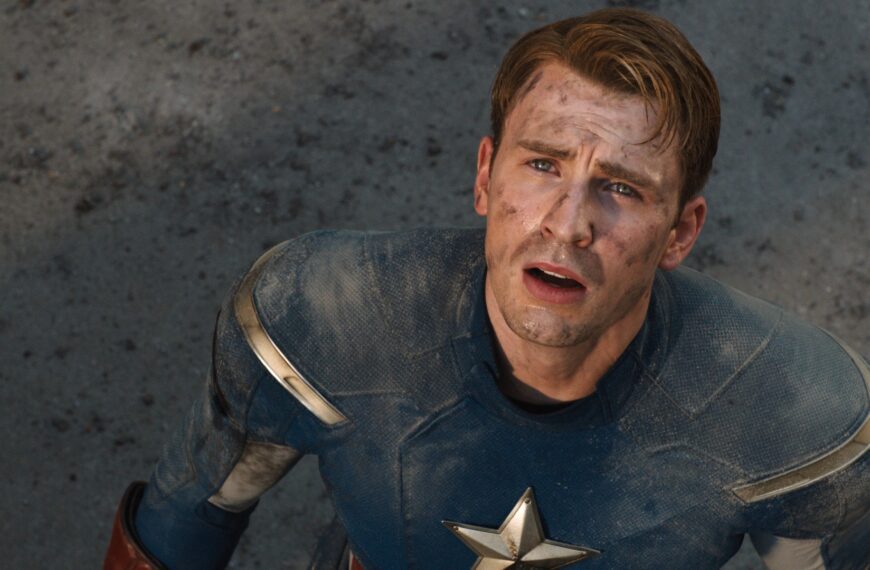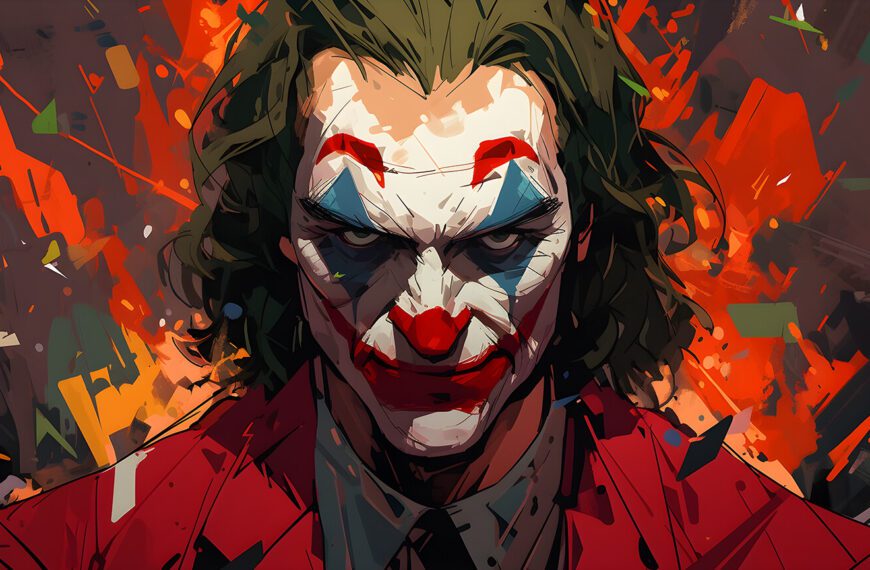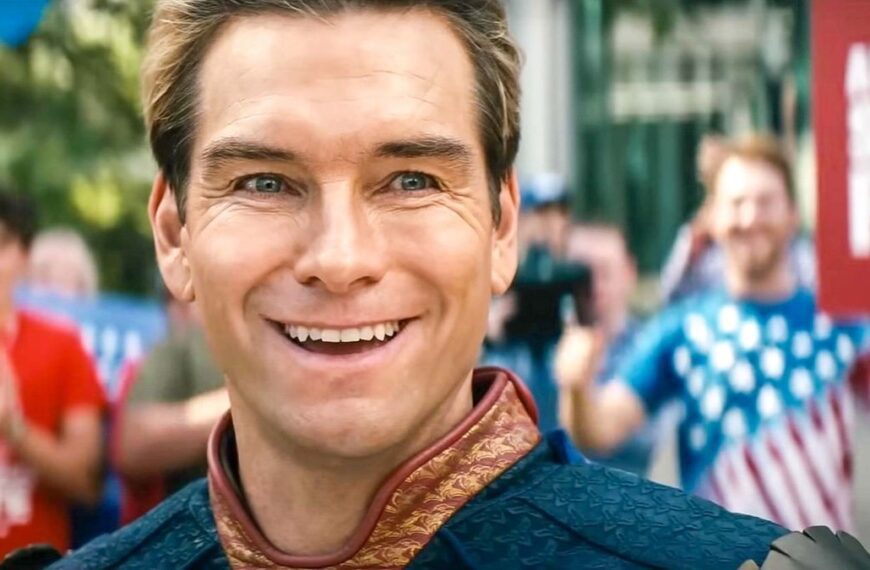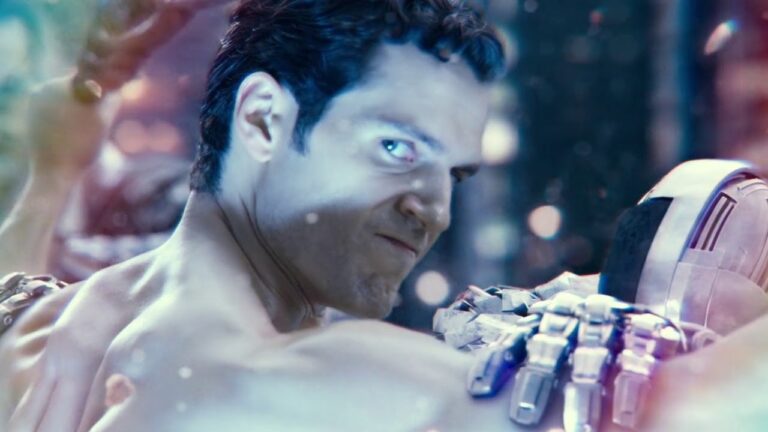The Rise of the Anti-Hero: Why We Love Flawed Supers
When we think of superheroes, our minds often go straight to the classic, clean-cut good guys—Superman, Captain America, Wonder Woman. These characters are almost too perfect: always doing the right thing, never crossing the line, and fighting for truth and justice. But lately, there’s been a shift in the kind of heroes we’re drawn to. Enter the anti-hero, the flawed, complicated characters who might not always play by the rules but still find a way to capture our hearts. So, why do we love these imperfect supers so much?
They’re Just Like Us
One big reason we’re so into anti-heroes is because they’re relatable. Unlike those perfect heroes, anti-heroes have the same flaws, fears, and doubts that we do. Take Tony Stark, aka Iron Man. Sure, he’s a genius and a billionaire, but he’s also arrogant, impulsive, and haunted by his past mistakes. These imperfections make him feel more human, more like someone we might actually know.
Then there’s Deadpool, the “Merc with a Mouth.” He’s hilarious and over-the-top, but beneath all the jokes, he’s dealing with serious pain and loss. He’s not a typical hero by any stretch, but his struggles with love, revenge, and survival make him someone we can understand. When we see these characters battle their demons, it reminds us that it’s okay to have our own struggles, too.
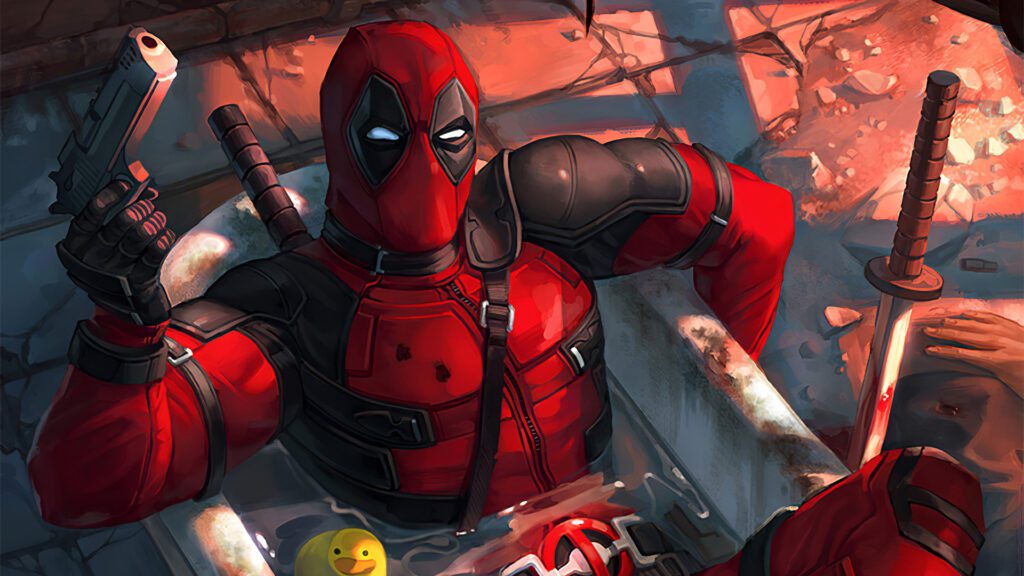
Good, Bad, and Everything in Between
Anti-heroes also mess with our ideas of right and wrong. Traditional heroes are all about clear-cut morality—good versus evil, black and white. But anti-heroes live in the gray area. Take Batman, for example. He’s dedicated to fighting crime, but his methods are anything but squeaky clean. He uses fear, intimidation, and sometimes even breaks the law to get the job done. Despite his questionable tactics, we root for him because we know he’s trying to save a city that’s beyond saving through conventional means.
And then there’s the Punisher, Frank Castle. His story is all about revenge—he’s out to punish the people who destroyed his family, and he doesn’t hold back. By most standards, he’s more villain than hero. But his relentless pursuit of justice, no matter how brutal, strikes a chord with our own sense of right and wrong in a world that often feels unfair.
Living Vicariously Through Them
Watching anti-heroes do their thing is also kind of cathartic. These characters break the rules and live outside the lines in a way that most of us can’t. Wolverine, with his unfiltered rage and complete disregard for authority, is a perfect example. He’s wild, untamed, and does whatever he wants, consequences be damned. In a world where we’re often bound by rules and social norms, anti-heroes give us a taste of what it’s like to live without those constraints.
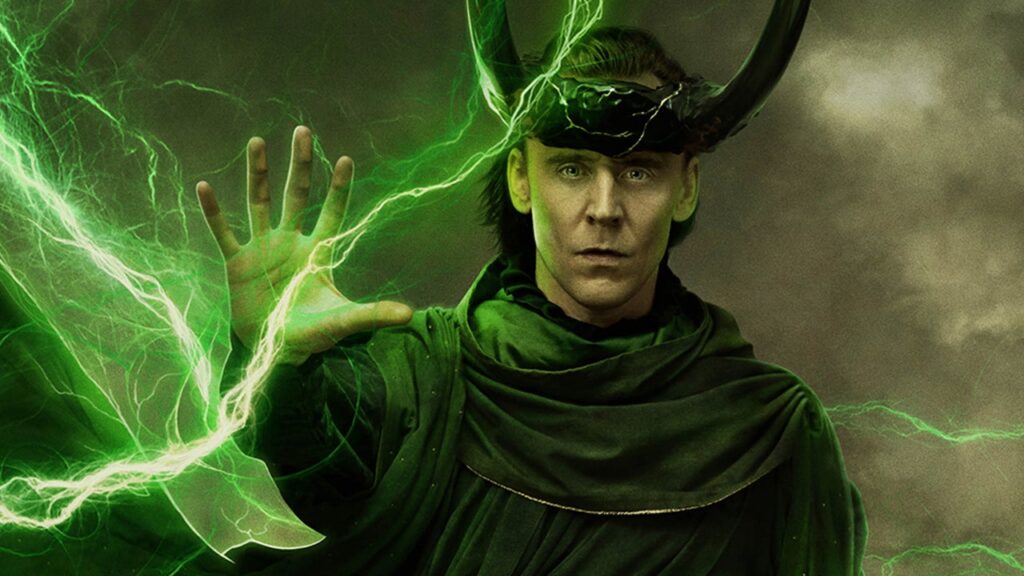
Reflecting the Real World
The rise of anti-heroes also says a lot about the times we’re living in. Today’s world is complicated, full of moral gray areas, and our heroes are starting to reflect that. We’re moving away from the idea of the flawless hero and embracing characters who are more nuanced and real. The fact that we’re drawn to these anti-heroes shows that we understand the world isn’t black and white, and that sometimes, even the best people make mistakes.
Conclusion: Why We Keep Coming Back
Anti-heroes have become a permanent part of the superhero universe, challenging our ideas about what it means to be a hero. They’re flawed, they’re messy, but that’s exactly why we love them. They show us that being a hero isn’t about being perfect; it’s about trying to do the right thing, even when it’s hard, even when you’re not perfect.
So next time you find yourself rooting for an anti-hero, remember—it’s not just their flaws that make them interesting. It’s their fight to rise above those flaws that makes them truly heroic. And in their battles, we see a little bit of ourselves, which makes their victories all the more satisfying.


